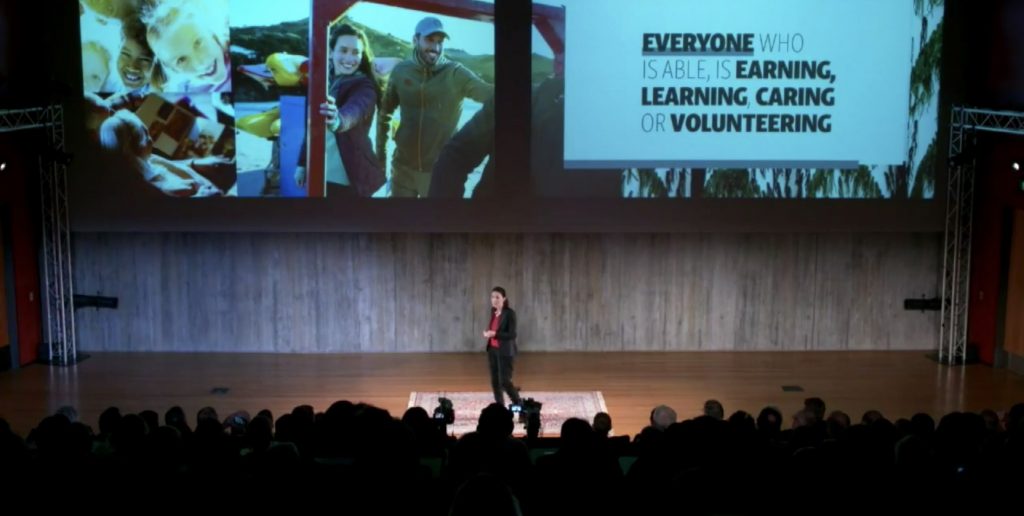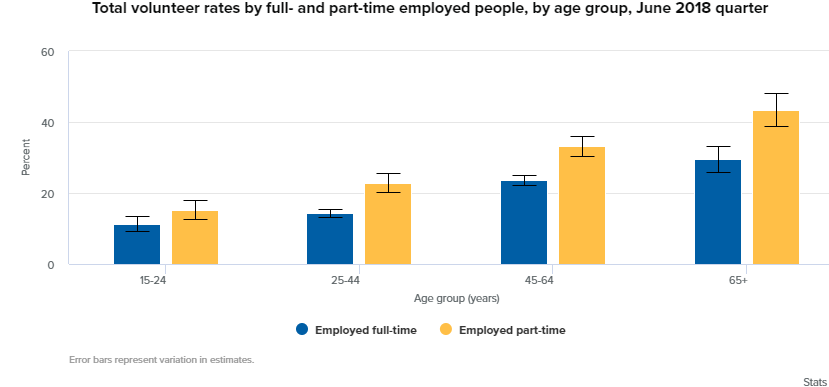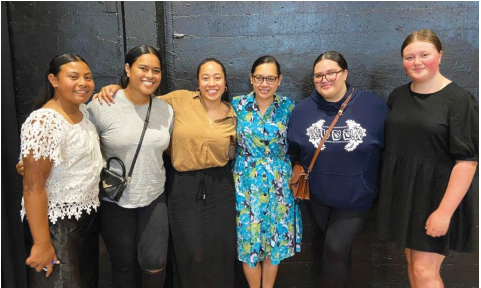Recently, the Prime Minister, Jacinda Arden, spoke on the coalition government’s “Plan for a modern and prosperous New Zealand.” The speech was notable for the emphasis it gave to valuing volunteering. Volunteering was linked to wellbeing; one of three key themes in the speech. Of the four priorities within this theme of wellbeing, the first was said to be ensuring “that everyone is either earning, learning, caring or volunteering.”
The Prime Minister said that, “Everyone should have the opportunity to contribute to their community in a way that is meaningful for them.” This was a recognition that paid employment is not the only or best way to contribute to the community and that, in this formulation at least, caring and volunteering should be given equal weight. While there were no specifics regarding the government’s volunteering policy, Ms Ardern did say that “we’re looking for ways to better value our volunteers and our carers.”
Valuing volunteering – what does the data say?
The best place to start in thinking about how we might “better value” volunteering is to consider what kinds of things make people more likely to volunteer and for that we need reliable information about who currently volunteers. For the first time, the Household Labour Survey has begun to include such information. Statistics New Zealand released that data last week.
Five points of interest were drawn out of the data:
1. Women working part-time most likely to volunteer
2. Women volunteer more hours
3. Lowest- and highest-paid (in paid employment) volunteer most
4. Professionals more likely to volunteer for organisations
5. Caregiving and coaching among most-common activities
Volunteering New Zealand will make a submission this month asking for volunteering hours to be included in the Indicators Aotearoa New Zealand – the suite of indicators that will inform the government’s commitment to improving wellbeing. As the Prime Minister put it, wellbeing means having a “broader measure of success” that we hope will put volunteering on a more equal footing with other kinds of work.
- Dr Michael Schraa, VNZ Policy Advisor.
Michael produces submissions on governmental policy. His research topics include Health & Safety, ACC, governmental accountability, police vetting and well-being. Michael is a Ph.D graduate of Victoria University of Wellington.





About The Author: Michelle Kitney
Chief Executive, Volunteering New Zealand
More posts by Michelle Kitney